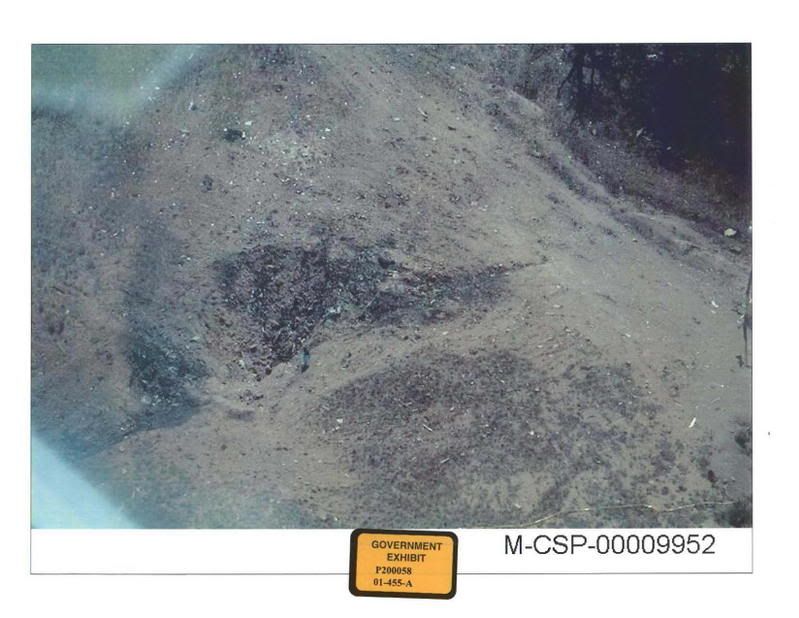Canada: Seasonal flu shot may increase H1N1 risk
September 23, 2009
As if the vaccination issue weren't complicated already, CBCnews.ca drops a bombshell:
Seasonal flu shot may increase H1N1 risk. Excerpt:
Preliminary research suggests the seasonal flu shot may put people at greater risk for getting swine flu, CBC News has learned.
"This is some evidence that has been floated. It hasn't been validated yet, it's very preliminary," cautioned Dr. Don Low, microbiologist-in-chief at Mount Sinai Hospital in Toronto.
"This is obviously important data to help guide policy decisions. How can we best protect people against influenza?"
It's important to validate the information to make sure it's not just a fluke, and that the observation is confirmed elsewhere such as in the Southern Hemisphere, which just completed its seasonal flu season, Low added.
Four Canadian studies involved about 2,000 people in Ontario, Quebec, British Columbia and Alberta, sources told CBC News. Researchers found people who had received the seasonal flu vaccine in the past were more likely to get sick with the H1N1 virus.
Researchers know that, theoretically, when people are exposed to bacteria or a virus, it can stimulate the immune system to create antibodies that facilitate the entry of another strain of the virus. Dengue fever is one example, Low said.
The latest finding raises questions about the order in which to get flu shots.
Across Canada, public health authorities are debating the idea of shortening, delaying or scrapping their seasonal flu vaccination campaign in favour of mass inoculation against H1N1.
The main reason is that H1N1 may be the dominant strain of influenza circulating when the fall flu season hits, meaning it could be a waste of time and resources to mount a seasonal flu vaccine campaign.
Shorter version: Wait for more information about the efficacy and safety of seasonal flu vaccinations.




